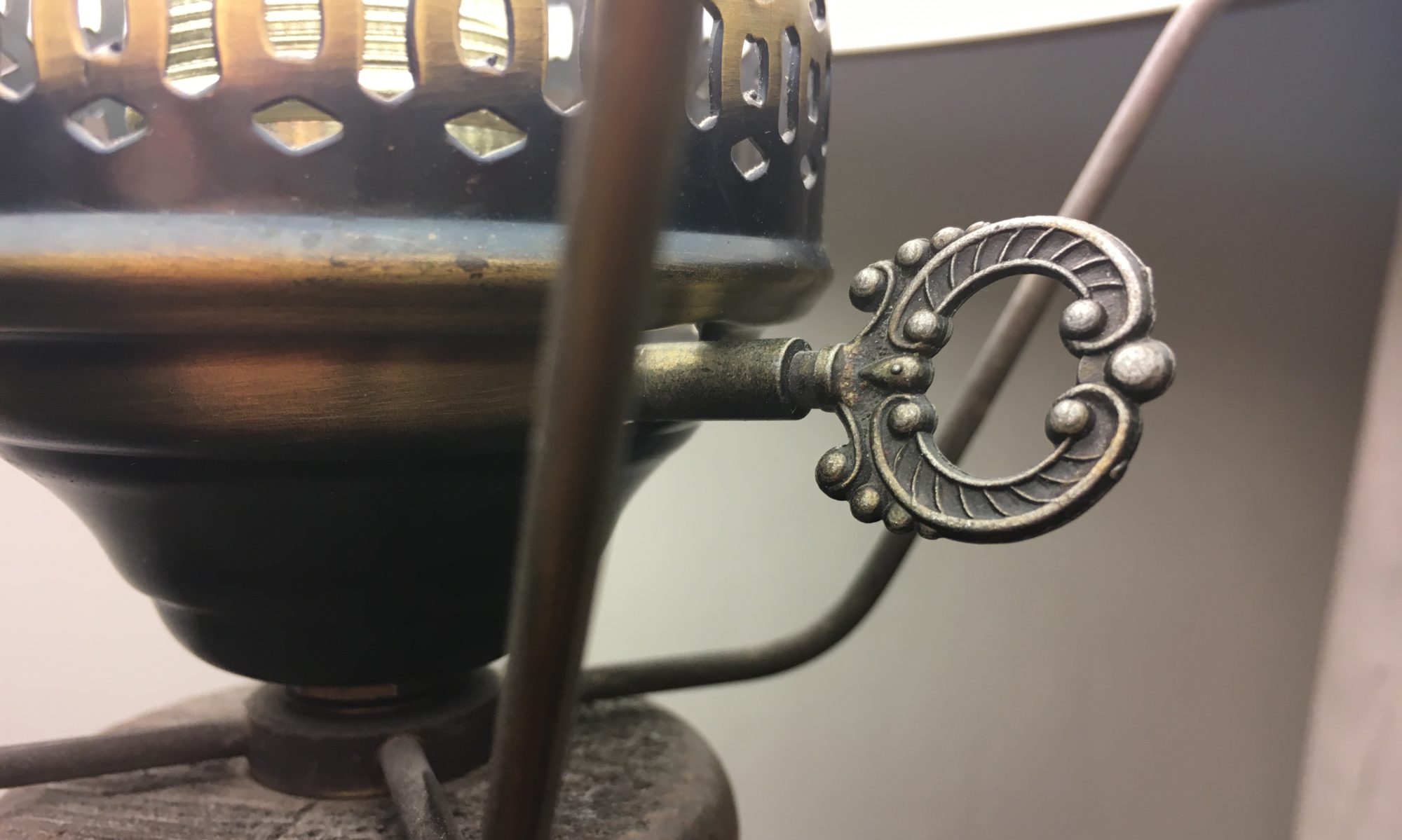Texts
- Charles Dickens, from Hard Times (1854)
- James Baldwin, The American Dream and the American Negro (1965)
- William Stafford, Poems (1962), Interview (1975)
- Paolo Freire, from Pedagogy of the Oppressed (1970)
- Adrienne Rich, from “When We Dead Awaken: Writing As Re-Vision” (1972)
- Alice Walker, from “In Search of Our Mothers’ Gardens” (1973)
- Maya Angelou, “Phenomenal Woman” (1978); [Read by Angelou]
- Mary Oliver, “Morning Poem” (1986)
- Gloria Anzaldúa, from “How to Tame a Wild Tongue” (1987)
- Ysaye M. Barnwell, Sweet Honey in the Rock, No Mirrors in My Nana’s House (1992)
- Twyla Tharp, from The Creative Habit (2003)
- Ada Limón, “The Contract Says: We’d Like the Conversation to Be Bilingual” (2018)
Assignment: Character Sketch (200 points)
Learning Outcomes
- Develop awareness of yourself, your writing style, and the deep contexts that comprise character and identity
- Demonstrate awareness of cultural factors that influence or inhibit creative production, as explored in the course texts
- Demonstrate facility with your writing process as a way to engage in dialogue with your individual creative voice, practicing affirmation, growth, and revising “outward” (as Stafford describes it)
- Demonstrate understanding of the creative process, as explored in course texts, course discussions, and your own experience of the creative process
Portfolio contents (please compile all contents into one single file)
An essay that responds to the writing prompt (750 words)
- Create a character based on yourself: who are they, where do they come from, and where are they going? Describe this character in 750 words.
The writing process, illustrated with a minimum of 5 digital images.
- Document your writing process, including the methods and stages that were most critical to your invention and revision; for example: freewrites, self-commenting, outlines, sketchnotes, marginalia, drafts, comments on drafts
A post-writing reflection of 500 words.
- Describe your writing process: what works; what doesn’t work?
- Which texts that we read for class inspired, informed, or influenced you?
- Which lesson plans, activities, experiments, or discussions have informed your writing process?
- What did you learn through this process? How has your writing process shifted?
Assessment Criteria
- Voice: You experiment with your writing style, allowing yourself to break rules, invent new ways of communicating, all while honoring your own voice
- Culture: You demonstrate awareness of cultural and systemic issues that silence and/or support individuals in society
- Process: You demonstrate understanding of the writing process as 1) a disciplined set of methods, and 2) as a creative and growth-oriented process
- Engagement: You demonstrate critical engagement with course materials and lessons, as evidenced by your detail-oriented and evidence-based reflection on the writing process
